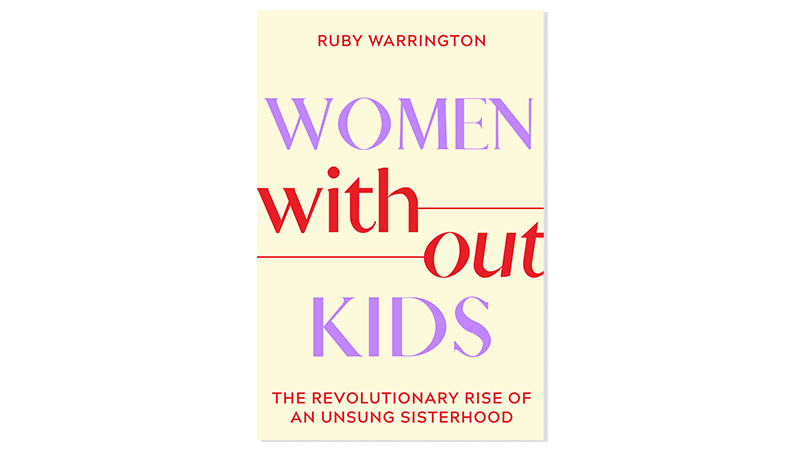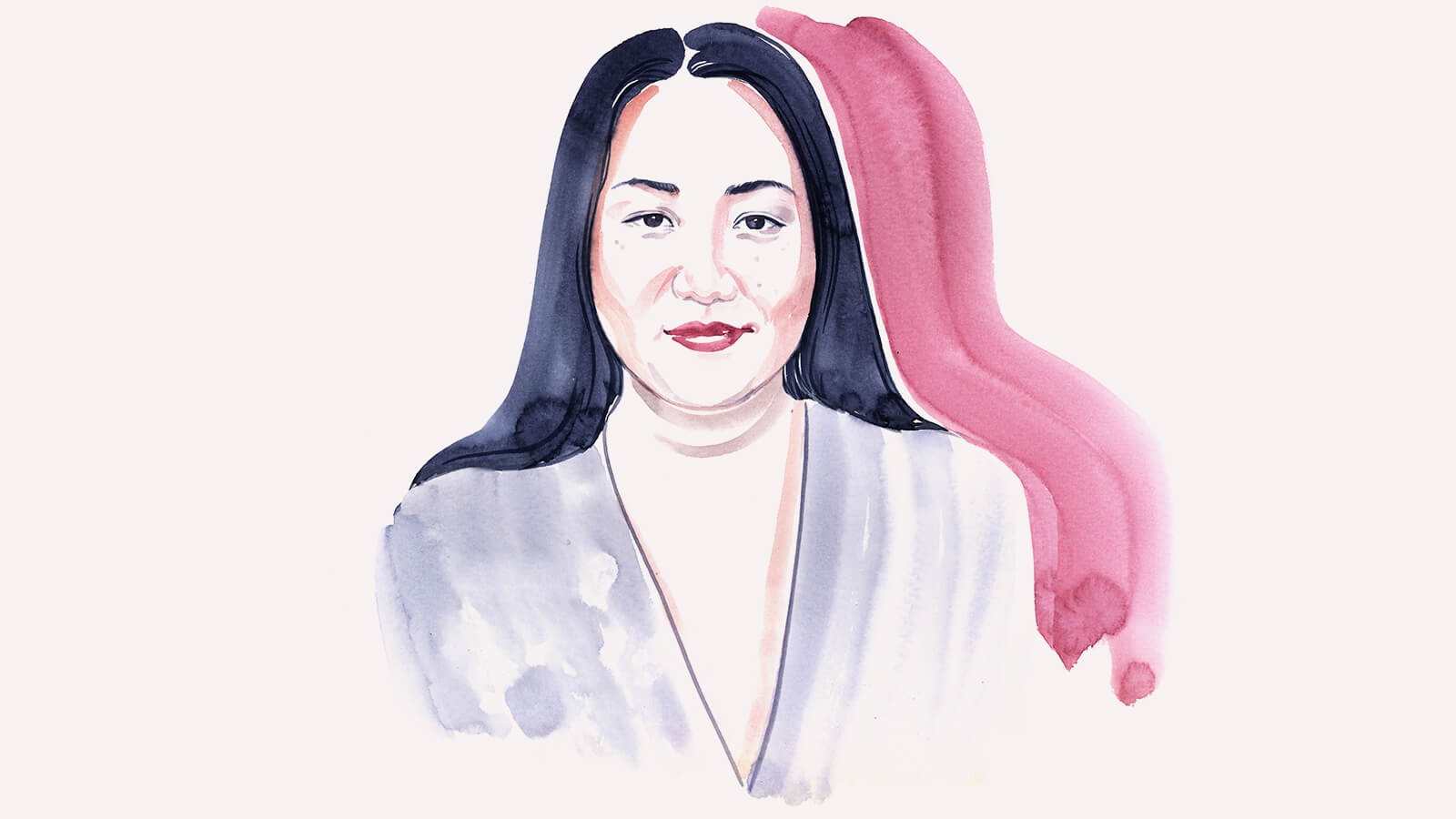The Growing Movement And Sisterhood Of Women Without Kids
From a young age, Ruby Warrington knew she didn’t want to be a mother. She also knew that most people found – still find – her stance to be unorthodox, selfish, even. Why, the general consensus went, would a woman not want to procreate?
The question nagged at Warrington as she moved through her life and career, often making her feel inadequate and anxious. It also led her to question: Why were all women expected to revel in the concept of motherhood? And why could her other loves, passions and desires not be considered equal and valid?

Her latest book Women Without Kids is an attempt by the British-born, US-based writer to offer an answer, and “to make peace with all of this,” as she writes.
And not just for herself. Weaving her personal story with socio-economic investigations and historical perspectives, Women Without Kids paints a wider picture of women who eschew motherhood – an entire movement and sisterhood, as Warrington tells me.
“For so long, the common belief was that having children was a woman’s main and ‘natural’ purpose,” she says. “The only real path to a fulfilling life. But the numbers couldn’t tell a more different story. The truth is, more and more women all around the world are opting out of motherhood, yet there haven’t really been conversations around it. I hope my book can start one.”
Indeed, over 40% of all women aged 15-49 in the US are childless, according to a study published by the CDC’s National Center For Health Statistics. Birth rates in Europe dipped to an historic low in 2020, with 4.07 million babies born that year compared to 4.17 million in 2019 – a downward trend that began in 2008. Globally, too, fertility rates have been dropping steadily since the 1970s.
“Simply put, things are shifting,” Warrington says. “For a lot of us, that’s a conscious choice.” As Warrington points out in her extensive research, there are a number of factors behind that choice; being unpartnered or unable to afford fertility treatments, but also growing environmental concerns, financial instability, the cost of childcare. And, just as importantly, personal freedom. “Women have more agency over their lives,” she says. “The patriarchy no longer stands.”
Warrington unpacks non-motherhood in its many layers and nuances. From debunking the pronatalist ideology behind the notion that parents are ‘better’; to the ‘Motherhood Spectrum’ – the idea that any individual’s desire for parenthood is influenced by socio-economic and cultural factors rather than being innate – and the sexual evolution women without children are embodying by “revoking the biological imperative to procreate”. Women Without Kids is ultimately a joyous hymn to self-acceptance, kids or no kids.
“While it felt important to me to speak to women who have said no to motherhood, I don’t want my work to be seen as an ‘us versus them’ piece of literature,” she said. “We’re all just human beings trying to make the best decisions under often very challenging circumstances. No one side is ideal, but I think for real positive progress to happen it’s key that both are seen as equally valid. It’s time we get rid of the pressure.”
Ultimately, she found herself learning. “As I hit my forties and started working on Women Without Kids, I realised that I had no regrets about not having children,” she says. “Nothing felt like it was missing. I am grateful to have been able to pursue the life that I wanted.”
Marianna Cerini is a freelance writer for publications including Conde Nast Traveler, BBC Travel, CNN Style and Fortune




